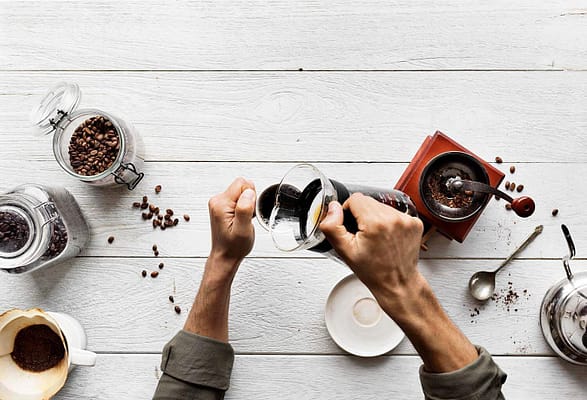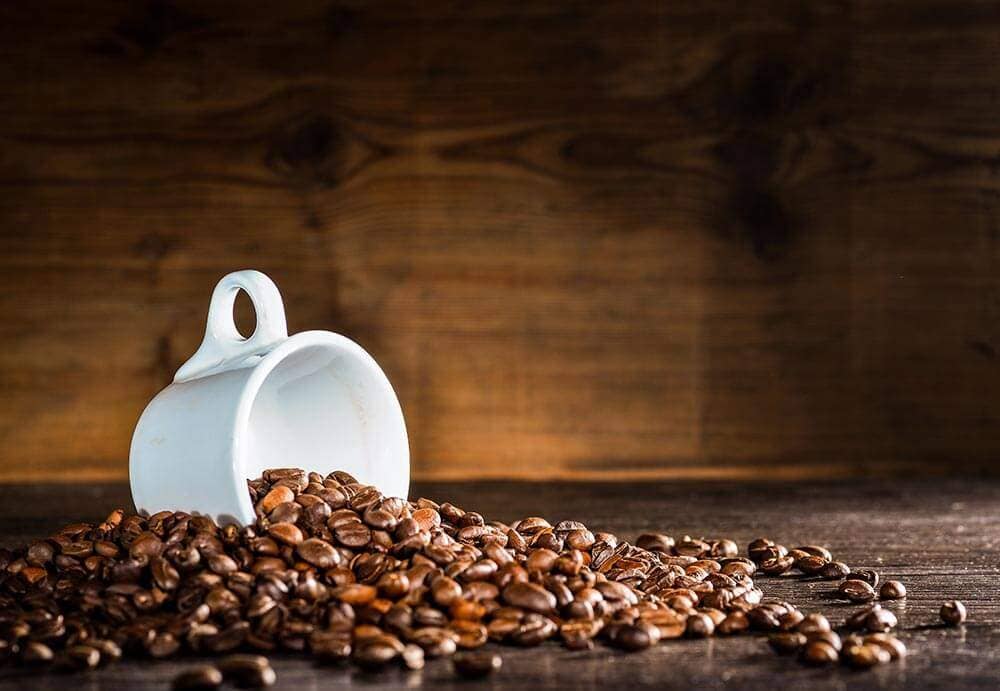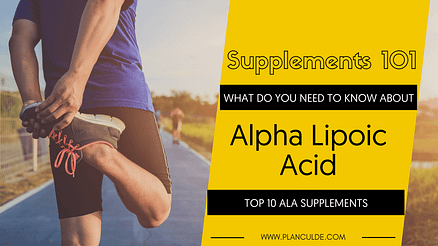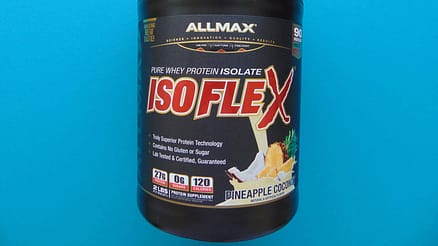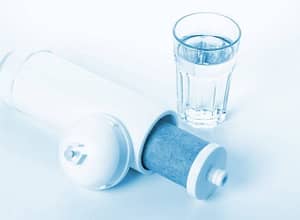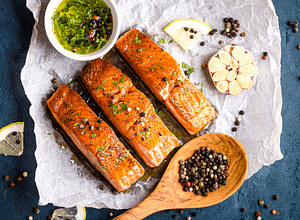Is Caffeine Addiction A Real Problem? Do people genuinely struggle with caffeine addiction? What are some of the health problems that have been linked to high caffeine consumption?
What kinds of symptoms can you expect to experience if you're dealing with caffeine withdrawal? How can you reduce your dependence on caffeine? You'll find the answers to these questions and more below.
Caffeine is the most popular stimulant in the world
Coffee houses are hotter than ever, and caffeine-loaded energy drinks have been growing in popularity for a while now. There aren't many beverages that compete with the popularity of caffeine. People that serve up coffee aren't just servers anymore; they're referred to as "baristas."
Many people were surprised by British superstar Robbie Williams entered rehab for caffeine addiction. He claimed he was drinking 20 Red Bulls and 36 double espressos in a single day.
It's not unusual to see people describe caffeine as the world's most popular drug. A staggering 90% of adults in the U.S. use caffeine consistently. On average, people consume over 200 mg of caffeine every day.
Of course, adults aren't the only ones that are consuming an excessive amount of caffeine. You may also be able to find caffeine in your kid's favorite soft drinks.

Caffeine can found in the fruits, seeds, or leaves of over 60 varieties of plants. The most common sources of caffeine are kola nuts, coffee beans, tea leaves, and cocoa beans.
Caffeine can also be found in supplements that are designed for fitness and weight loss, as caffeine is a reliable source of energy. This is also what makes energy drinks a thriving market.
The United States saw more than $25 billion in energy drink sales in 2016. Most of these drinks featured caffeine as an essential ingredient.
A woman drinks an iced coffee as she uses her phone to search for information about caffeine addiction online. If you like the taste of coffee, use iHerb promo code $5 off for decaf coffee.
Is caffeine addiction a real problem?
Many experts have debated about whether or not caffeine is an addiction in the same way that cigarettes, alcohol, and class-A drugs are. According to one survey, only 58% percent of addiction specialists believe it's possible for a person to become dependent on caffeine.
Even though caffeine addiction has been acknowledged as a clinical disorder by the World Health Organisation, or WHO the Diagnostic and Statistical Manual of Mental Disorders 5th Edition, or DSM-5, which is published in the U.S., simply mentioned caffeine for further investigation in its appendix.
Amphetamines, nicotine, and cocaine are all able to stimulate the portions of your brain that are connected with motivation and rewards. However, caffeine doesn't.
Along the same lines, people that consume large amounts of caffeine aren't considered to be threats to society or themselves. People that consume caffeine usually don't need medical intervention to work through their addiction.
It's important to remember that being physically dependent on a substance is different from being addicted to it. Still, there's a lot of evidence to support the idea that caffeine is an addiction.
A National Institute on Drug Abuse sponsored study supported the idea of caffeine addiction. Before a person can be labeled as an addict, they have to meet four separate criteria:
- They need to have gradually developed a tolerance to the substance and its effects.
- They have to demonstrate withdrawal symptoms if they quit using the substance.
- They must keep using the substance even if it's linked to or worsens medical problems.
- They have to fail to cease the use of the substance repeatedly.
Even though there are millions of people in the United States that say they're addicted to caffeine, most of them are actually only physically dependent on the substance.
According to the study, there is a small percentage of people in the U.S. that are genuinely addicted to caffeine. The exact number is still unknown.
Why is caffeine addictive?
There are plenty of people that drink coffee because of the way it tastes. However, many people are drawn to coffee because of the energy boost it offers.
Caffeine can impact the brain in some ways. It can help you to focus, improve your motivation, and make you more alert. Because of this, a number of students have used caffeine pills to get through all-night study sessions.
Chemically, caffeine has structural similarities with a substance called adenosine, a chemical that can calm the central nervous system. Caffeine can utilize the receptors in your brain that were designed for adenosine.
Decaf PARIS Tea
by Harney & Sons
In 1983, John Harney embarked on a mission to share his passion for tea. Harney & Sons offers a selection of over 275 varieties of the highest quality teas. We personally source our teas from the most reputable, established estates and gardens worldwide. Accepting only the exceptional.
It can keep you from feeling sleepy when adenosine connects with these receptors. When these receptors are blocked off, it encourages the brain to produce other types of natural stimulants, such as dopamine. This can leave you feeling even more energetic.
When someone consumes caffeine on a regular basis, the brain will start to increase the number of adenosine receptors. This is what causes people to develop a tolerance to caffeine. Eventually, people will have to drink larger amounts of caffeine to get the same results.
If you cut back on the amount of caffeine that you drink, you'll have numerous unblocked receptors for adenosine in your brain. This can leave you feeling exhausted, especially if you cut out all caffeine. A mug of cappuccino with a foam-shaped heart, with coffee beans all around.
The risks of consuming large amounts of caffeine
Even though the FDA has said that the FDA is safe to consume, there's a lot of research that shows that caffeine can be harmful. Caffeine has been linked to many issues, including insomnia, an increased risk for heart attacks, high blood pressure, depression, and anxiety.
It can negatively impact the glucose metabolism of people with type 2 diabetes, and it can reduce a woman's fertility levels.
Younger adults that have hypertension are four times more likely to experience a heart attack if they consume 500 mg, or four cups, of coffee. Even 2 cups of coffee are enough to raise someone with hypertension's blood pressure for several hours.
More common problems linked with excessive consumption of caffeine include insomnia, obesity, headaches, and incontinence. Because so many sugar-filled energy and soft drinks are loaded with caffeine, people tend to drink more of them.
Some people are allergic to caffeine as well as people that have a low tolerance to it. These people could experience a caffeine overdose. Even though caffeine addiction isn't mentioned as a disorder in the DSM-5, caffeine intoxication is listed as a possible diagnosis.
The advantages of caffeine consumption
Drinking coffee isn't entirely bad for you. There are some health benefits linked to caffeine. Aside from the obvious benefits of waking you up and giving you energy, studies have shown that drinking coffee could lower your risk for Alzheimer’s disease.
Another benefit of caffeine is that it can increase your metabolism. This means that your body will burn fat more rapidly. If you combine caffeine with carbohydrates, it'll be easier for you to replenish your stores of muscle glycogen after a workout.
Researchers have found that caffeine could improve post-workout gains by as much as 48%. Additional health benefits include liver cleansing, the prevention of kidney stones, improved hair growth, and protection from cataracts.
While studies have shown that caffeine can be harmful to people with type 2 diabetes, some studies have found that regular caffeine consumption could lower your risk of developing diabetes in the first place.
As with many things, moderation is essential. If you're careful about the amount of coffee or tea you consume, you could see health benefits. You should watch out for caffeine in diet pills or health supplements. It's not unusual for manufacturers to add caffeine to these types of products.
Symptoms of caffeine withdrawal
The most common symptoms of caffeine withdrawal are exhaustion and headaches. Approximately 50% of people dealing with caffeine withdrawal experience these symptoms.
Some of the other symptoms people can experience include:
- Increased irritability;
- Anxiety;
- Feelings of depression;
- Trouble focusing;
- Exhaustion;
- Muscle aches;
- Brain fog;
- Nausea;
- Vomiting.
It isn't very pleasant to go through caffeine withdrawal. Thankfully, most people can completely kick their caffeine condition within a week. People that consume more than 1,000 mg of caffeine a day could have more than two months of withdrawal symptoms. That said, the most severe symptoms usually stop after a week.
Some people believe excessive caffeine consumption can forever change your brain's chemistry. It's true that it can take a long time for dopamine levels to readjust. Some people never see their levels go back to their original state.
If someone gives up caffeine for good, they shouldn't expect their symptoms to be as severe as the withdrawal symptoms people experience with quitting other drugs. Most of the time, you can quit caffeine without any help from professionals.
While people like Robbie Williams have gone to rehab because of caffeine, this is extremely rare.
Who should be reducing their caffeine intake?
Coffee and other caffeine-filled drinks aren't just a physical addiction. Caffeine consumption is part of many people's routines. It's not unusual to get into the habit of stopping at Starbucks for your morning cup of joe or to think of coffee houses when you're coming up with date ideas.
These simple rituals can easily become addictive. While it's easy to overcome these habits, you should make sure you don't go over the daily recommended limits of caffeine.
According to the US Department of Health, you shouldn't consume more than 400 mg of caffeine each day. Some people should focus on drinking even less than that, while others may need to give up caffeine entirely.
Since caffeine can worsen symptoms of anxiety and insomnia, people with these conditions might want to give it up. It can also increase heart palpitations in people that have hypertension. Since caffeine can increase your blood pressure, people that already have high blood pressure might want to try to quit caffeine.
Doctors usually recommend that women should drink no more than 200 mg of coffee per day when pregnant. Some studies have linked miscarriages to high caffeine consumption.
Seven long, slim jars containing different varieties of coffee, ranging from black to tan in color.
How to kick your caffeine addiction
If you're looking to give up coffee, you'll want to take a closer look at the decaf options on the market. You'll find plenty of options at most coffee chains, and it's common to see soft drinks labeling products as caffeine-free as well.
In some cases, energy drinks have large quantities of glucose or taurine than caffeine. However, any FDA approved beverage that contains caffeine will have to mention that on the label.
You might want to switch to drinks with a small amount of caffeine, such as green tea. These drinks can provide you with some caffeine, and they can be delicious too.
If you're a fan of milky coffee drinks, try switching to a chai latte. Switching to beverages with less caffeine can make withdrawal symptoms easier to manage.
It will take time for your body to adjust to your lower caffeine consumption. If you're looking for a new way to increase your energy, try taking a 20-minute nap.
Studies have shown that naps can leave you feeling more refreshed than coffee. You should also avoid too many carbs during lunch; they can make you feel tired. Instead, add some more protein to your lunches. It will give you the energy you need.
If your coffee consumption isn't having a negative impact on your health, it's probably safe to keep drinking it. There's nothing wrong with having a nice cup of coffee from time to time.
It only becomes an issue with you to use caffeine to replace sleep. If you're careful about the amount of caffeine that you consume, you'll be able to avoid caffeine addiction as well as withdrawal symptoms.

